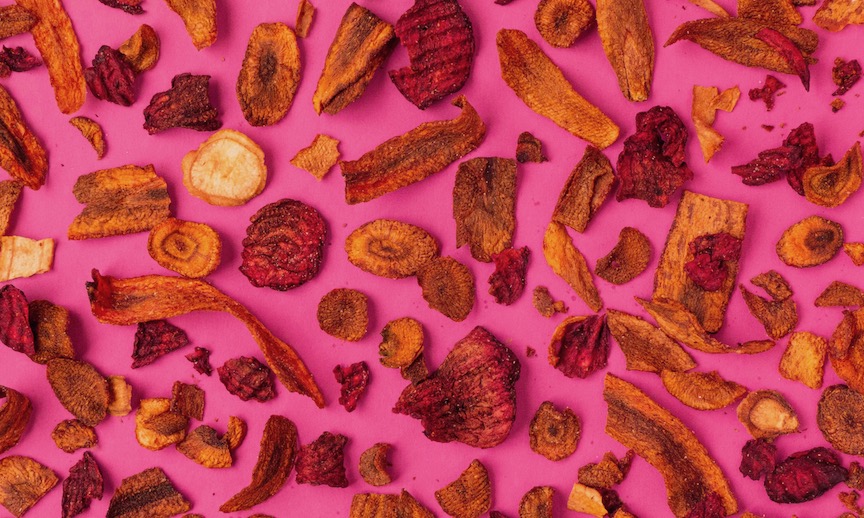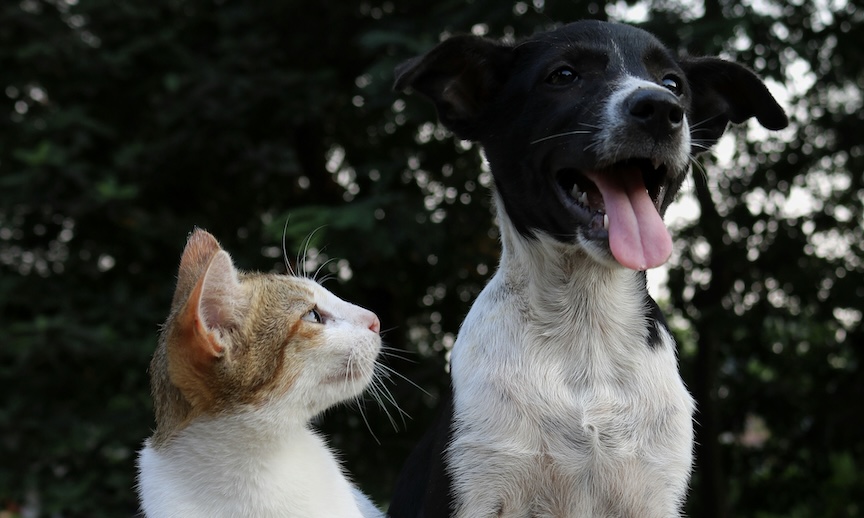WORLD PEACE AND A BAG OF CHIPS
Thomas Merton wrote, “Those who are not thankful soon begin to complain of everything.”
What a hopeful expectation for human being. I really love that he takes thankfulness for granted as our usual state. Complaint is an aberrant condition into which we need never fall, if we just keep up with our natural gratitude.
I like to think that I exercise a pretty solid gratitude practice. But as I mulled over this quote, I realized that I usually relate to thanksgiving not as the natural state of my being but as my fix. Thanksgiving is a course correction. It’s deliberate — looking for things for which to be grateful.
Of course there’s nothing wrong with mindful gratitude. When I look, I always find things, which feels sweet and wonderful. And for sure, doing it on purpose is better than never being grateful at all.
But as I’ve thought about the gratitude-complaint spectrum, I notice that my maneuverings on it tend to be in the opposite direction from what Thomas Merton assumes. Because, honestly, my normal way of being in the world is to complain about it.
This seems pretty reasonable and justified most of the time. Right? Also, we can find a lot of agreement for our complaints. We probably bond with others over them, so they turn into a twisted sort of intimacy. We pull gratitude out of the closet to try to tidy things up when the mess of it all gets to be too much.
Gratitude, then, becomes something exceptional and transcendent. It’s an ennobling discipline that draws us out of the quagmire of common dissatisfaction. Again, that’s not wrong. It still feels mighty good. But I really don’t want thanksgiving to be so rarified. I’d much prefer to have it as my equilibrium, my expectation, my ordinary experience of life.
So… I was thinking about that, and wondering what I was going to talk about for Thanksgiving this year. And I stumbled into something by accident (or grace). I think it might turn out to be my access to a Merton-y sort of gratitude: gratitude not as an antidote but as an assumption; complaint not as my default mode, but as a red flag to let me know that I’ve temporarily missed my mark; thanksgiving as the atmosphere and ambience in which we can live, move, and have being year round…
A couple of weeks ago, I was wrapping up our weekly community zoom with a prayer. [By the way, these calls are really lovely and you should join us — everyone is welcome]. Anyway, I was feeling it especially that evening, the words were just pouring out without much thought at all. I started riffing on the idea of answered prayer. They are always answered, I said, and the answer is always, “I love you so much.” When this came out of my mouth, it brought tears to my eyes.
PRAYERS ARE ALWAYS ANSWERED, AND THE ANSWER IS ALWAYS, “I LOVE YOU SO MUCH.”
That became the thing for which I was able to express boundless, unequivocal, freely flowing gratitude — for that answer, that love, the love of the entire Universe.
It occurred to me that I don’t spend a whole lot of time in such unconditional appreciation. I mean, I get it intellectually, theologically. I guess I even believe it, when I think about it. But I don’t really go about my days immersed in it.
But in that moment of prayer, accepting that blessing — “I love you so much” — as the ground of my being and all being — that felt so very different from counting blessings to compensate or counterbalance my complaints. I think it might be a key to unlocking the type of gratitude of which Thomas Merton wrote.
“I love you so much” as the universal response to our every hope and fear. “I love you so much” as the divine answer to who we are and what we do, to our stumbles as well as our victories. “I love you so much” as an invitation to each one of us to engage wholeheartedly in big dreams and marvelous imaginings alongside the practical nuts and bolts of it all. “I love you so much.”
Earlier during that same prayer zoom, one of the participants had checked in and requested prayer for a particular personal situation, then added, “and also world peace.” The rest of us were delighted and we all took that on as we declared our good, for ourselves and our lives — each of us tagging our prayers with “and world peace.”
The Love that loves us so much lets us have it both ways. That’s what makes it possible to adopt gratitude as a both a presumption and a conclusion, a place from which to come as well as a destination. When we recognize that the response is the same, whether we’re praying to heal the planet or a hangnail. Trying to just get by through these challenging days, or discerning some glorious plan amidst it all. Whether we’re cleaning up our messy back yard or working for social justice, preparing dinner for our family or feeding a nation of hungry people, wishing for one gentle night’s sleep or for harmony and grace the world over.
It can be both. It can be all. In fact it always is. All that and a bag of chips. A bag of chips and world peace. And I love you so much.
Access talks and music online at BOSQUECSL.ORG — new content every Saturday by 6:00pm, and available forever after at your convenience at VIMEO.COM/BOSQUECSL
Have a beautiful Thanksgiving, dear hearts. XO, Drew
©2020 Drew Groves




